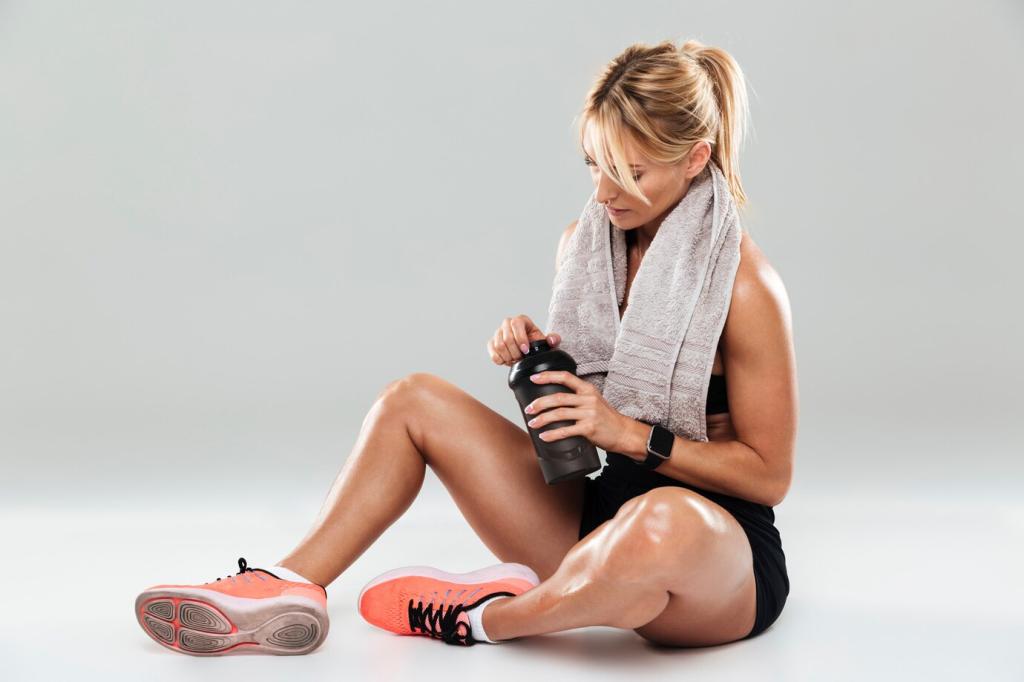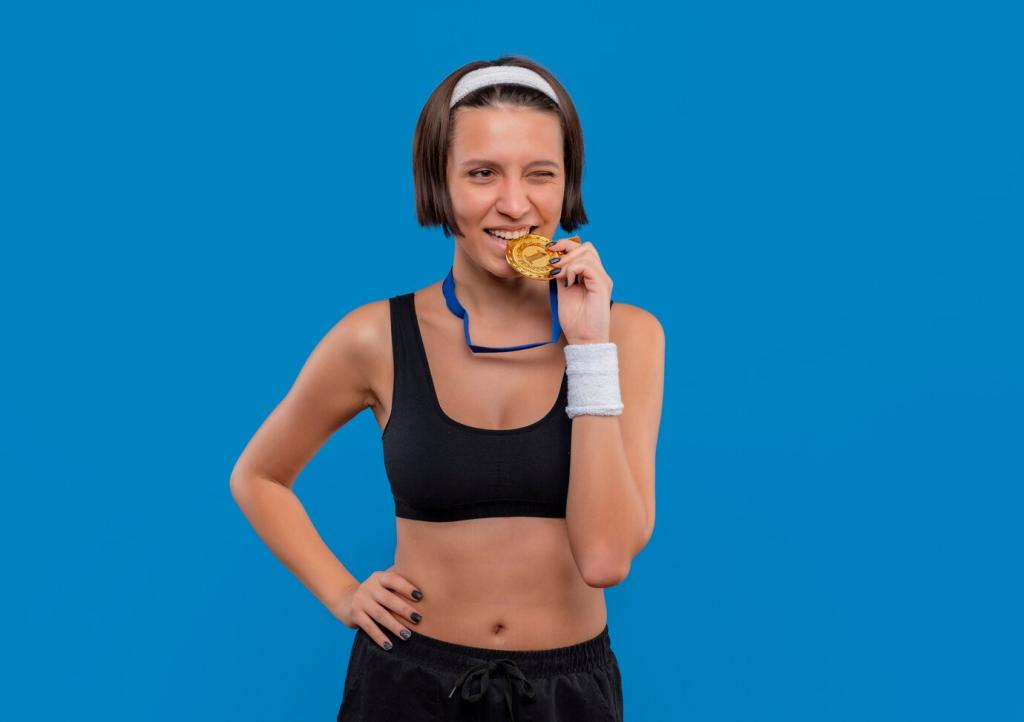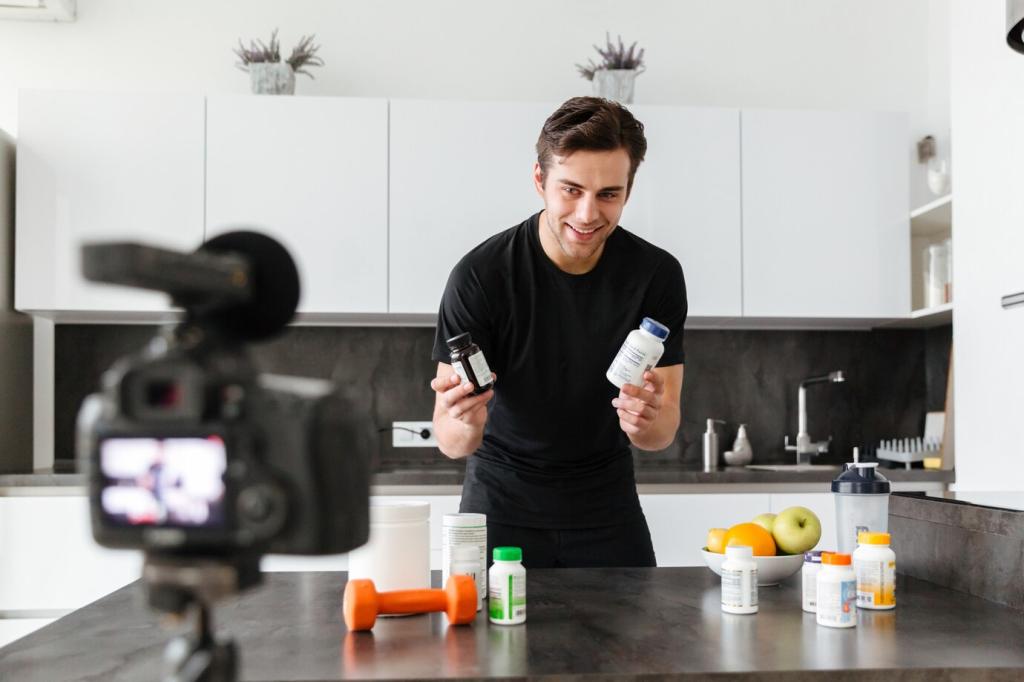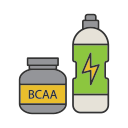Fuel To Win: Nutrient-Dense Meal Plans for Athletes
Chosen theme: Nutrient-Dense Meal Plans for Athletes. Discover smart, evidence-based ways to pack more performance-boosting nutrients into every bite, with practical tips, real stories, and weekly ideas you can apply today.
The Athlete’s Plate, Reimagined
Choose slow-release carbohydrates that restock glycogen efficiently while delivering minerals and fiber: oats, quinoa, sweet potatoes, and berries. Pair carbs with color—spinach, peppers, or carrots—to boost antioxidants that protect muscle from training stress and support consistent energy across tough sessions.



Micronutrients That Move the Needle
Low iron can quietly drain your pace. Build meals with heme iron sources like lean beef or fortified options and plant sources like lentils, beans, and spinach. Add vitamin C from citrus or bell peppers to enhance absorption, especially crucial for menstruating athletes and high-mileage runners.
Micronutrients That Move the Needle
Defend bones with calcium from dairy or fortified plant milks, tofu set with calcium, and leafy greens. Pair with vitamin D from eggs, fatty fish, sun, or supplements if needed. Consistent intake reduces stress fracture risk in demanding training periods, supporting durable, year-round performance.
Timing That Turns Food Into Performance
Two to three hours pre-session, target 1 g/kg carbs with modest protein and minimal fat and fiber for comfort. A bowl of oats with banana, honey, and a dollop of yogurt fuels steady energy without gut distress, ideal for tempo runs or power sessions.
Timing That Turns Food Into Performance
For workouts longer than ninety minutes, aim for 30–60 grams of carbs per hour, plus sodium to match sweat losses. Mix gels, chews, or bananas with electrolyte drink. Train your gut in practice to absorb fuel smoothly and avoid race-day surprises.


Breakfast: oats with chia, berries, and almond butter. Mid-ride fuel: bananas and electrolyte drink. Lunch: quinoa bowl with roasted sweet potato, chickpeas, and tahini. Snack: tart cherry smoothie. Dinner: salmon, brown rice, and broccoli. Micronutrient focus: iron, magnesium, and vitamin C.
Sport-Specific, One-Day Nutrient-Dense Menus
Breakfast: eggs, whole-grain toast, and sautéed spinach. Pre-lift snack: yogurt with honey. Post-lift: rice with chicken and pineapple. Snack: cottage cheese and berries. Dinner: tofu stir-fry with cashews and mixed vegetables. Micronutrient focus: calcium, vitamin D, zinc, and potassium.
Sport-Specific, One-Day Nutrient-Dense Menus
Smart Prep, Smart Shopping
Stock oats, brown rice, quinoa, canned beans, tinned salmon, tomatoes, frozen berries, spinach, and edamame. Add olive oil, nuts, seeds, herbs, and spices. With these on hand, you can assemble high-quality meals fast, even during peak training weeks with limited time.
Smart Prep, Smart Shopping
Cook grains in bulk, roast trays of vegetables, and prepare a big protein like baked tofu or shredded chicken. Portion into containers with sauces such as tahini-lemon or salsa verde. Your weekday plates become effortless, consistent, and reliably nutrient-dense under real-world time pressure.


Science-Backed Boosters That Fit Your Plan
Beetroot juice or roasted beets can enhance nitric oxide, improving blood flow and efficiency. Many athletes sip a small serving two to three hours pre-effort. Test during training to dial your dose and timing, then bring it confidently to race day.
